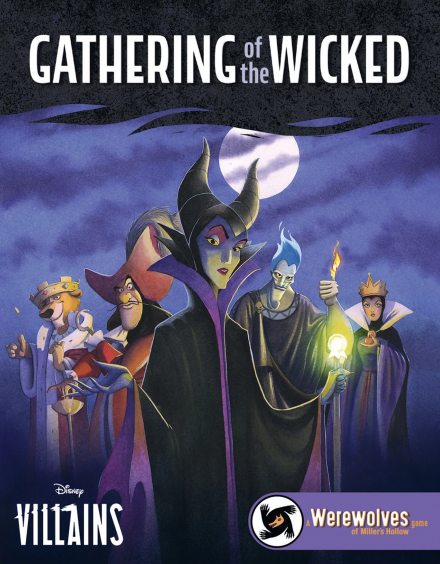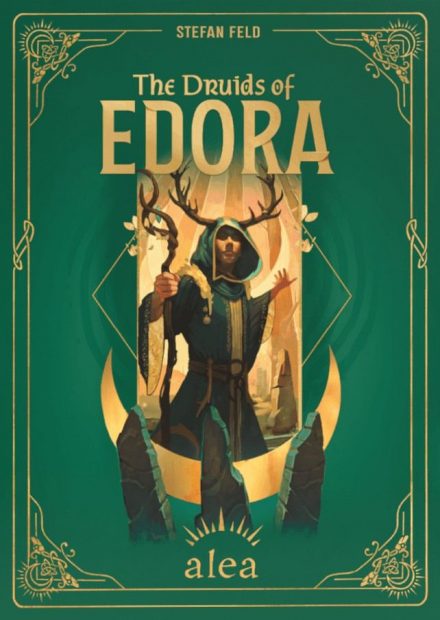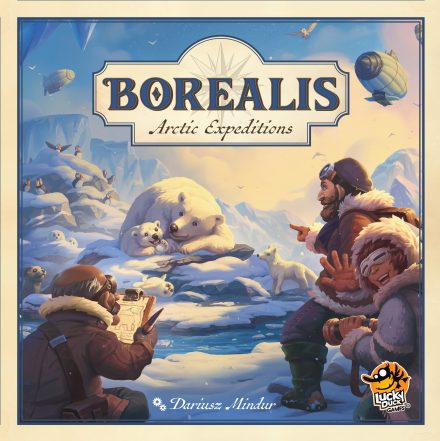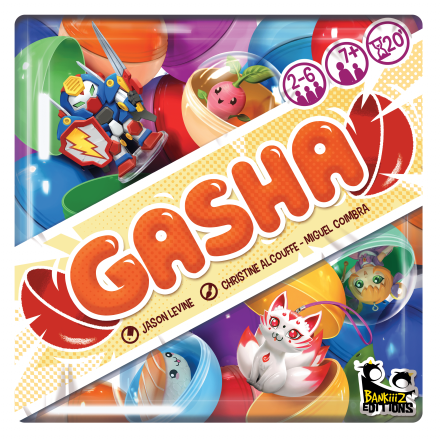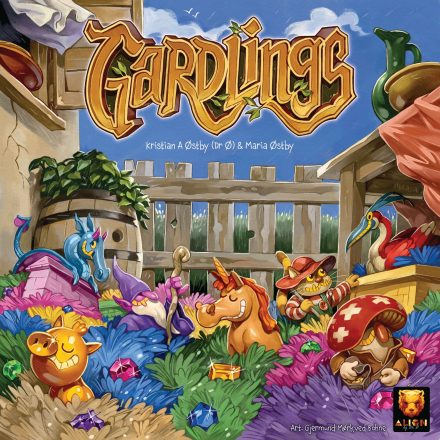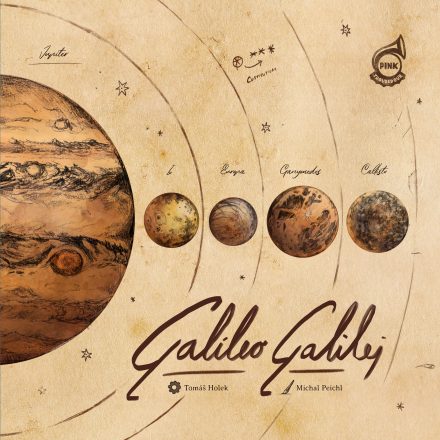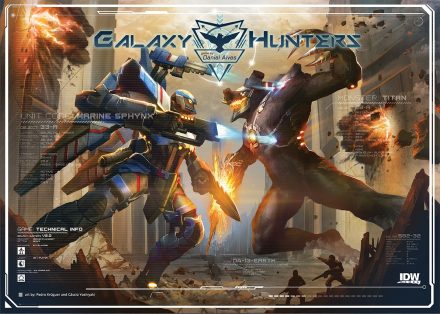It’s a little-known fact that ghosts love to eat candy. But they can only eat it one night a year…Halloween! On that night, the ghosts travel through the neighborhood looking for delicious candy. Using their best scare tactics, ghosts will haunt the costumed kiddos to steal their sweet sweet candy. But they have to be careful not to scare them away. Ghosts just want a candy delight, not to cause them a fright.
This new edition expands upon the original version with more kids (100 total!), a new “junk” set of treats that you do not want to collect (like toothbrushes, rocks, ketchup packets, pennies, etc.) and new ghosts.
Playing the game is easy. Select one of your ghost cards to bid for turn order. Then resolve by choosing a kid to haunt, taking their candy then using their unique ability. Treats score at the end of the game based on your ghosts specific preferences.
Game Mechanics:
Game Specifications:
- 2 – 6 Players
- 20 – 45 Minutes
- Difficulty Weight 2.00



